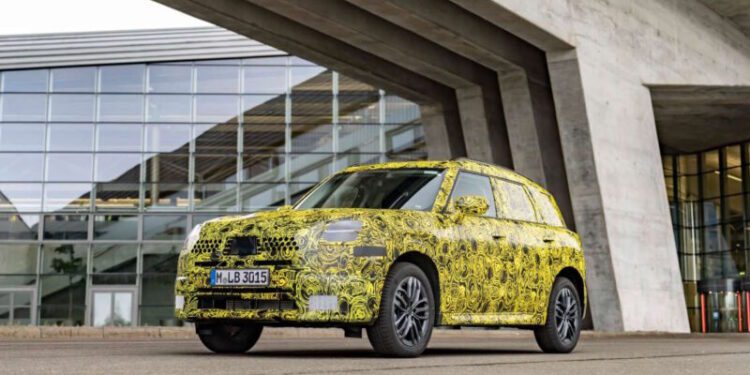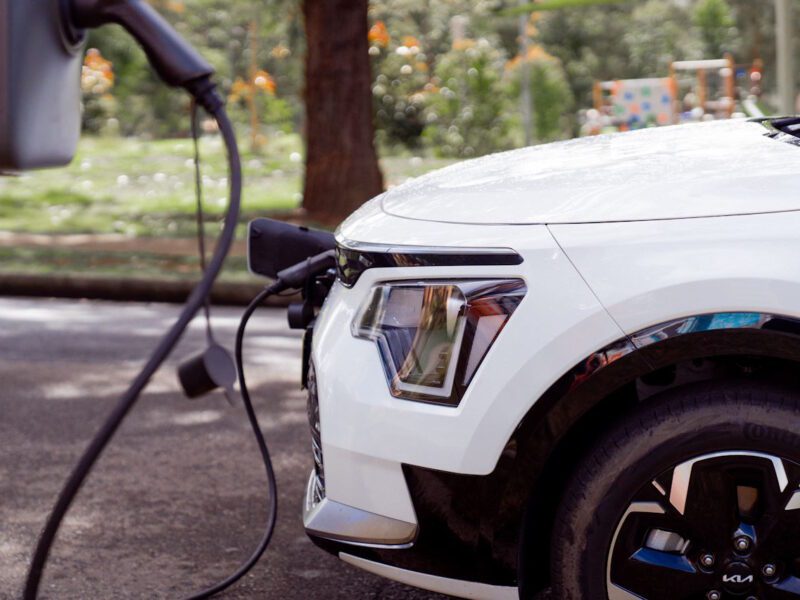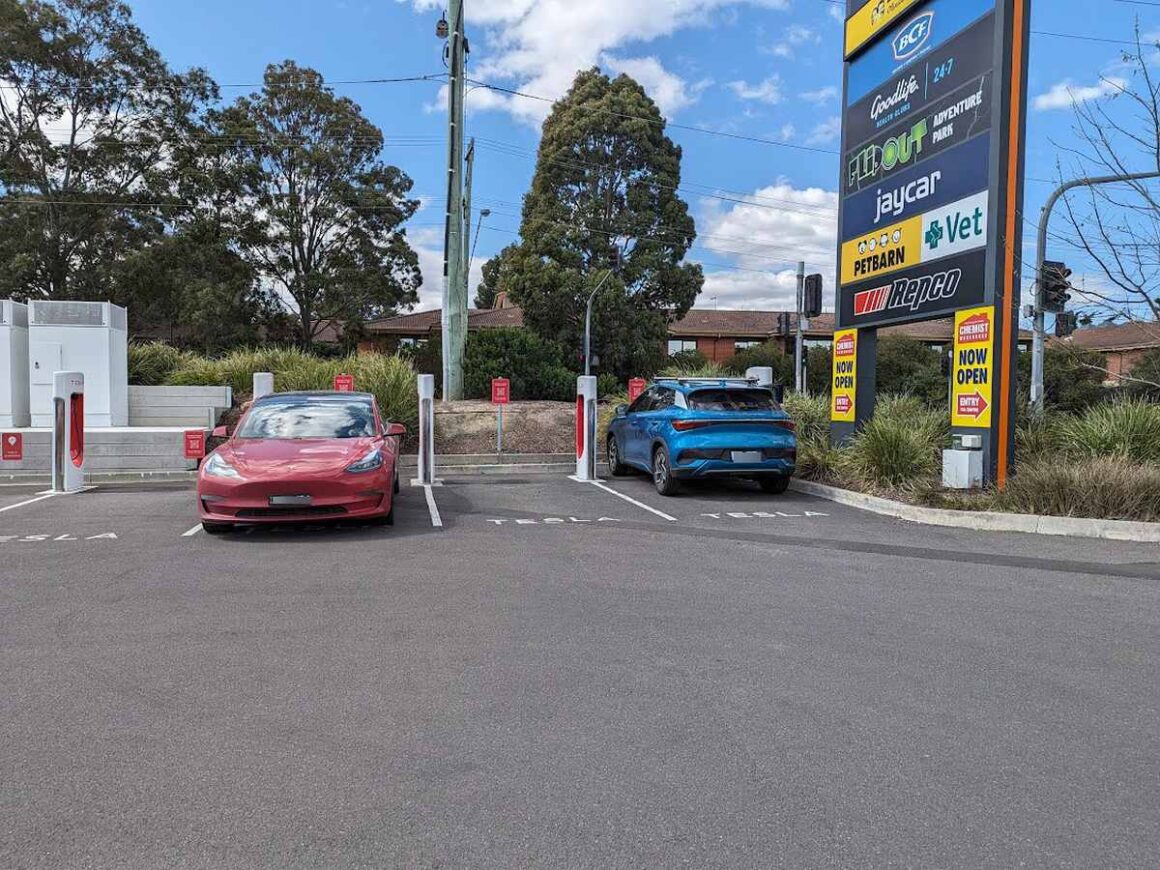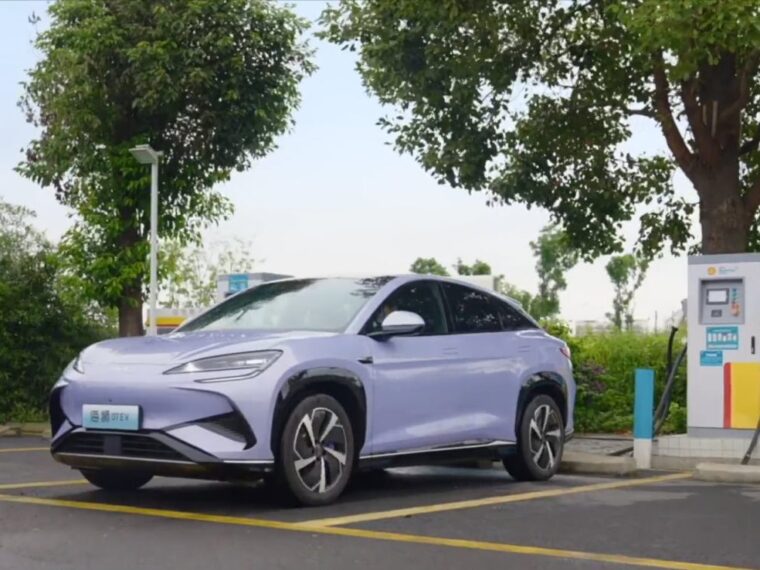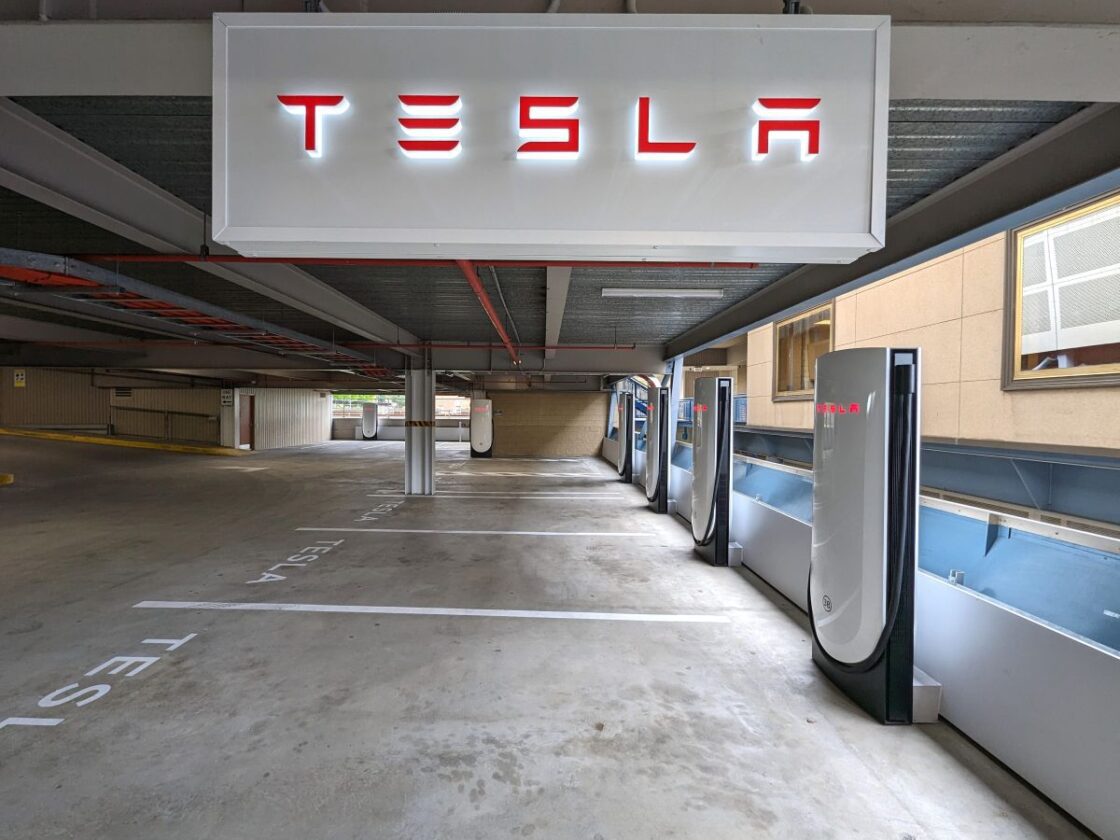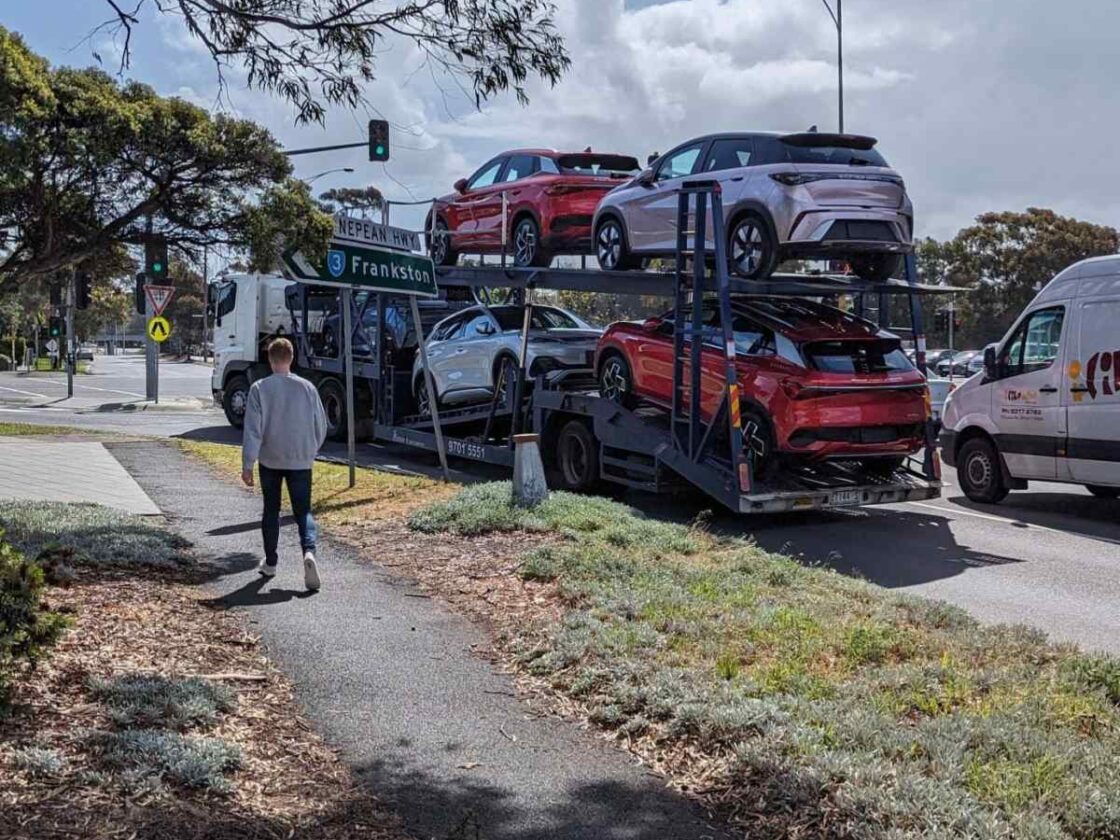The BMW Group is set to begin production of the all-new electric Mini Countryman this year at its plant in Leipzig, Germany, making it the first Mini model to be produced entirely in Germany. This marks a major milestone in the company’s plans to transition the entire Mini line-up to electric by 2030, with the last ICE model Mini set to be introduced in 2025.
The Mini Countryman will be powered by a 300 horsepower electric motor and is expected to have a range of around 420 kilometres. It will be made on the same production line as the BMW 1 Series, BMW 2 Series Gran Coupé, and BMW 2 Series Active Tourer.
The Leipzig plant is one of the most modern and sustainable automotive factories in the world, and BMW has said that the new Mini Countryman “will roll off the production line in Leipzig from the end of this year” and that its high-voltage batteries will also come from the plant’s own battery production facilities. The plant is also taking steps towards decarbonization, with four on-site wind turbines and a newly developed burner technology in the paint shop that can use green hydrogen instead of natural gas.
The Mini Electric is already the best-selling Mini model variant offered by the BMW Group, selling 43,744 electric Mini Cooper SEs during 2022, an increase of 25.5% over 2021. With the introduction of the all-electric Mini Countryman, BMW hopes to lead the greater Mini family into its next stage of life.
FAQ
Q1: Are electric car batteries recyclable?
A1: Yes, electric car batteries are recyclable.
Q2: Are electric car chargers free?
A2: It depends on the charger and the location. Some electric car chargers are free, while others may require a fee.
Q3: Can electric car batteries be rebuilt?
A3: Yes, electric car batteries can be rebuilt with the right tools and knowledge.

